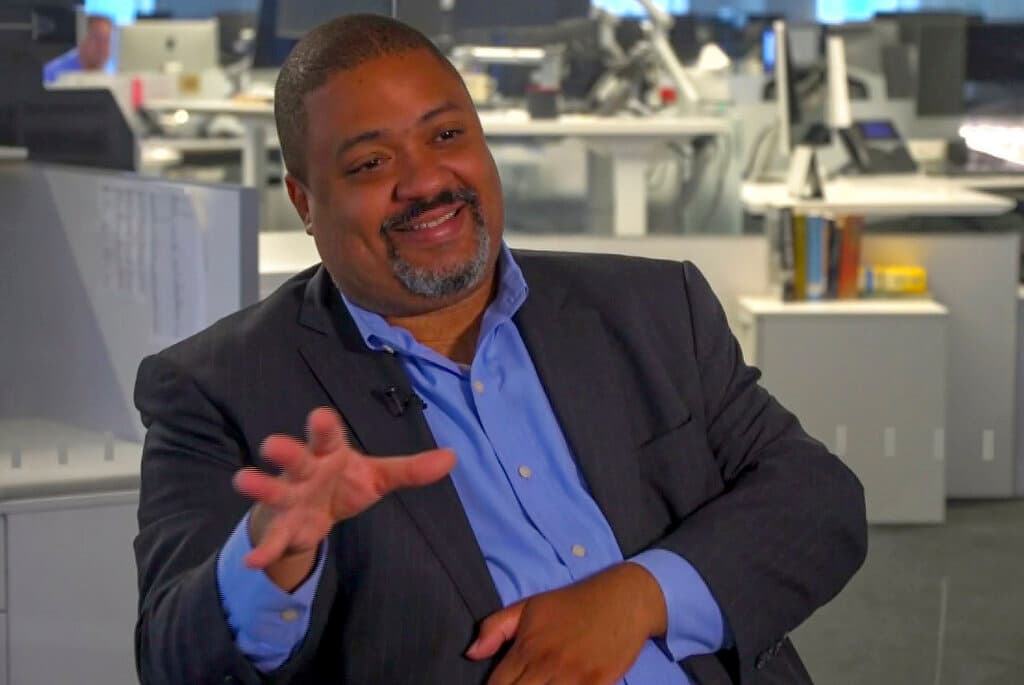What Will Bragg’s Rogue Ex-Prosecutor Tell the House? He Could Hurt Bragg More Than Trump
Mark Pomerantz resigned in protest after Alvin Bragg passed on prosecuting President Trump the first time. Is the district attorney ready for what his former deputy could disclose?

The deal struck by District Attorney Alvin Bragg to allow his one-time deputy, Mark Pomerantz, to testify before Congress next month inaugurates an age of anxiety for both Mr. Bragg and the lawmakers cum inquisitors who will question Mr. Pomerantz. It revolves around one question: What will he say?
Please check your email.
A verification code has been sent to
Didn't get a code? Click to resend.
To continue reading, please select:
Enter your email to read for FREE
Get 1 FREE article
Join the Sun for a PENNY A DAY
$0.01/day for 60 days
Cancel anytime
100% ad free experience
Unlimited article and commenting access
Full annual dues ($120) billed after 60 days

